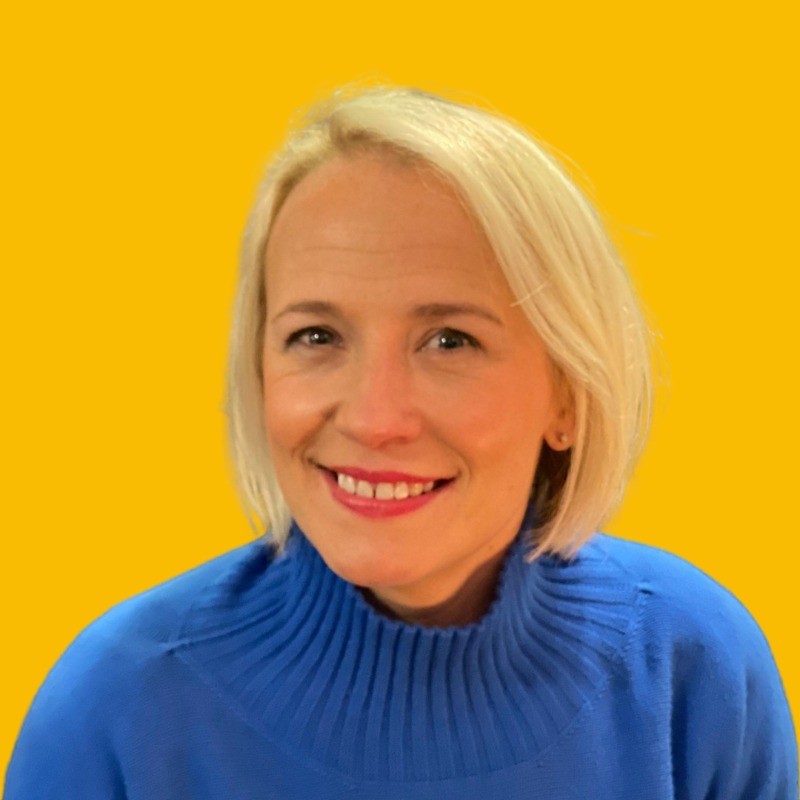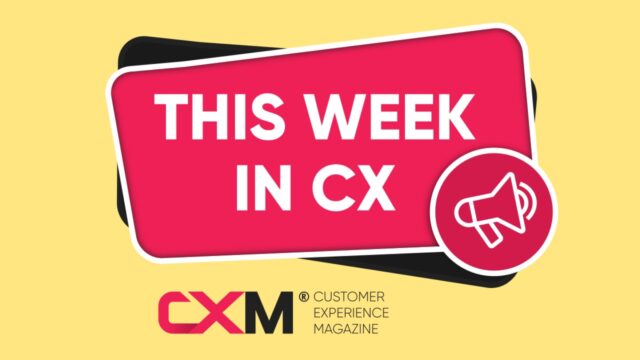April 02, 2025
Further adventures in consulting: The power to influence the world

One of CXM’s recent hit features highlighted the skills and efforts of a CX consultant. Read “The pros and cons of the CX consulting life, from experts” to catch up if you’re considering stepping into a similar role. This month, we explore some of the more advanced skills required, and the experiences of Leonie Williams, a true CX master.
The Power of resilience
Once you have set up shop as a CX consultant, come the next and harder steps. Many consultants pick up their first client relatively quickly based on their insider knowledge. But it can take many months to win a second, and varying gaps between others. To thrive in this world, you need resolve.
Resilience is your secret weapon. CX consulting involves dealing with demanding clients, tight timelines, depressing decisions, and moments when your vision might clash with client leadership priorities.
Staying cool-headed, learning from setbacks, and rallying others to persevere are marks of a great consultant. You also need to refine your diverse set of personal and operational skills. Consulting is never about you, it’s about elevating businesses and the people within them to meet their potential.
Mastering the art of empathetic communication
Repeating the “it’s not about you” theme, understanding the human side of consulting begins with empathetic communication. A good CX consultant listens actively, reads between the lines of what teams and leaders express. The skill improves by asking the right questions, knowing when to probe further, especially if there’s a a gap in data or between teams, and deciphering cryptic internal challenges that could derail your solution.
In practice, this means honing active listening skills and cultivating emotional intelligence. Consultants who genuinely connect with their stakeholders build trust, which is the cornerstone of successful implementation. Empathy-driven communication should lead every engagement, whether it’s in the boardroom or on the shop floor.
Data mastery meets the art of storytelling
The ability to tell a good story is a great way to engage leaders and operators, from the most cynical to those who want to believe. CX consultants know not to bore an audience with data, so balancing the art of dropping data insights within a narrative is key. Weaving the major insights into a narrative that resonates with your audience, while explaining the operational reality and basics can have a supersized impact on your audience.
The best storytellers guide the audience to their own “aha” moments, that you can then reinforce with value messages, imagery to highlight powerful points, along with inclusive language to make this their solution.
Our guest for this article is Leonie Williams, formerly of the Institute of Customer Service, a co-founder of Customer Service Solutions, a deeply experienced CX Professional and UKCXA Judge, we run through Leonie’s progress in getting up and running as a consultant and the skills that have benefited her most.
What do I wish I’d known before starting?
Honestly—so much more! Within a week of quitting my job, it became glaringly obvious that my experience running a single-property business since I was 24 wasn’t going to cut it in the world of consultancy.
Suddenly, I wasn’t just a consultant. I had to be an accountant, a bookkeeper, a website developer, a marketer, and an administrator—while still paying the bills, maintaining the house and looking after two kids. And as if the universe wanted to make things even more interesting, my husband was also starting a completely new career as a lecturer, learning from scratch.
The biggest realisation? Running a business is about far more than just the service you offer. It’s about mastering the operations, finances, branding and the client relationships that keep it running. Also, having a partner to share the load as the business grows is excellent.
Market research: A methodical approach with ad hoc adaptability
You can always do more market research, right? And we did—though it was far from straightforward. We were constantly told, “You must niche!” But our experience spanned multiple sectors, making it nearly impossible to pigeonhole ourselves. One day, we were working with a housing association, the next with a global logistics firm, so being deeply embedded in just one industry wasn’t an option for us.
So, instead of narrowing down by sector, we focused on personas. Who were our ideal clients? Where did they spend their time? What were their pain points? We researched competitor websites, their service propositions so everything we could to understand how to position ourselves.
Market research is essential, but ultimately staying true to our core values and passions matter just as much. For us, that meant prioritising sustainability and equipping our clients with the tools to create lasting impact so that seems to have been our differentiator
Closing that first deal: A moving target of success
It was a small culture strategy workshop for a housing association. When that contract came through, I was thrilled… but also hesitant to crack the champers just yet! Success in business feels like a constantly moving target as there’s always a “next milestone” before you allow yourself to celebrate.
The effort behind each deal varies wildly. Some clients take years to nurture—one we’re working with now has been three years in the making. Others come through a simple LinkedIn newsletter. Some are referrals that land almost overnight. Longevity, lead generation, and building a sustainable pipeline are key. This isn’t a game of quick wins—it’s about playing the long game.
Measuring success: Looking beyond the money
For us, the true success isn’t just winning the work, it’s making a real impact. We thrive on short, sharp interventions that equip businesses for genuine long-term sustainability. Seeing that transformation happen? That’s the real moment of truth for us!
Beyond that, my personal success, is about happiness and life experiences. But let’s be honest—you need a fair amount of financial security to get there.
The first two years of CCS were all about saving and reinvesting, not spending—a tough shift, and one I wouldn’t want to repeat. Stability is a challenge in this business as there are times when work is flowing, and times when there’s no security at all. If you have a family to support and bills to pay, that can be tough.
What every aspiring consultant should know
Your business model will dictate your journey, but one truth applies to all consultants: you will constantly be learning and facing new challenges.
This is not an easy path, there are no guarantees and no safety nets. If you thrive on variety, problem-solving, and risk-taking, running a consultancy can be an exhilarating and deeply rewarding experience. But if you crave stability, struggle with uncertainty, or find it hard to juggle multiple roles at once, this might not be the right fit.
Above all, adaptability is key. Every day brings something new—and that’s what makes it exciting and why I love it!!.
The never-ending road of consulting challenges
The upshot of Leonie’ experience and talking to many consultants is that there are endless challenges as part of the process. You don’t need to overcome them all the first time, but being smart enough to solve the key ones will put you in great shape to overcome the others. We’ll have more experts chiming in with their tales from the consulting world in the coming months, and if you have an experience you want to share, get in touch.




